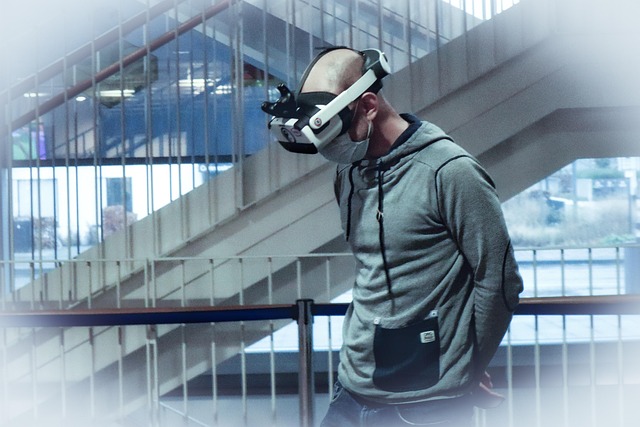In the rapidly evolving landscape of technology, the boundaries between the digital and the physical world are increasingly blurred. As we immerse ourselves in Virtual Reality (VR), Augmented Reality (AR), and the expansive Metaverse, the discourse surrounding digital ethics becomes more pertinent than ever. This intersection of technology and morality not only shapes our interactions with these mediums but also influences the very fabric of community and social norms.
Virtual Reality offers users the ability to step into immersive worlds, creating experiences that can be both exhilarating and introspective. However, with this power comes the responsibility to foster ethical interactions within these digital landscapes. Consider the potential for emotional manipulation—how VR can be used to evoke strong feelings in players. Therefore, developers and users alike must navigate the ethical implications of how these experiences are crafted and the psychological effects they may have on individuals.
Similarly, Augmented Reality blurs the lines between what we perceive as real and virtual. Applications like Pokémon GO have shown us the incredible potentials of AR technology, enhancing our real-world experiences with digital overlays. Yet, this merging of worlds also raises questions of privacy, consent, and the impact on our social interactions. As our physical environment becomes populated with virtual elements, the responsibility to respect personal and communal spaces becomes paramount.
As we venture into the Metaverse, a collective virtual space that encompasses both VR and AR, the importance of digital ethics cannot be overstated. Here, users create, socialize, and even conduct transactions, building a complex ecosystem that must be grounded in ethical principles. Issues such as data ownership, identity representation, and freedom of expression are paramount in creating a healthy digital society where all participants feel safe and valued.
Moreover, the diverse demographics engaged in VR, AR, and the Metaverse call for inclusive practices that respect cultural sensitivities and promote equality. With the potential for exploitation, harassment, and exclusion lurking in these spaces, fostering a commitment to digital ethics is crucial for maintaining a positive environment where innovation can thrive without compromising individual rights or societal values.
As we immerse ourselves deeper into these interactive modalities, it is essential to engage in a continuous dialogue about digital ethics. By prioritizing ethical considerations, developers, users, and policymakers can build frameworks that not only enhance our experiences but also safeguard our well-being in an increasingly digitized world. The journey through VR, AR, and the Metaverse should not only be about technological advancement but also about cultivating a digital society that reflects our shared values and aspirations.




